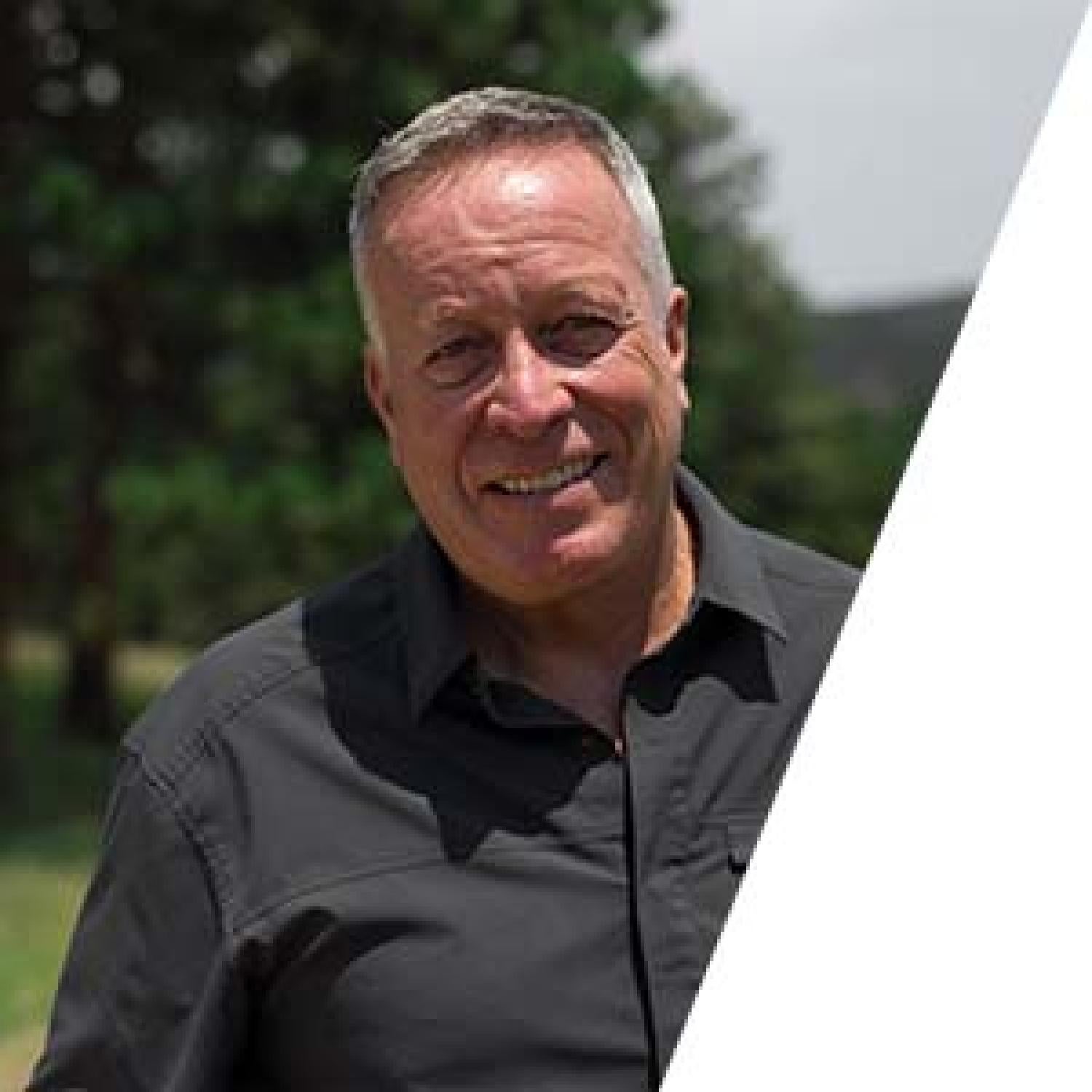Inclusivity and Belonging
Expand access to the outdoors for everyone.
The Inclusivity and Belonging in the Outdoor Recreation Economy graduate certificate focuses on developing a more welcoming and inclusive outdoor recreation economy and expanding access to the outdoors to everyone by offering you tools and strategies to effectively lead the transition to a more equitable outdoor industry.
You will learn global best practices in inclusivity through coursework, resources and access to thought leaders who are guiding global organizations to a more diverse and inclusive future. The certificate has an intention to create a safe space for deep learning, honest exploration and open dialogue.
This certificate can be taken as a standalone offering or as part of the Master of Science in Outdoor Recreation Economy program.
At the end of this certificate, you should be able to:
- communicate the importance of diversity, equity, inclusion and access within the Outdoor Recreation Economy,
- identify opportunities for increasing access and inclusion within the outdoor recreation economy,
- lead outdoor industry organizations in developing diverse and inclusive recruiting and hiring practices,
- recognize and champion the outdoor recreation economy’s role in addressing issues of diversity, equity, inclusivity and outdoor access in all communities and
- play a leadership role in creating a natural environment where all people feel not only welcome but encouraged to become active participants as outdoor enthusiasts, industry professionals and stewards dedicated to the protection of the land.
Have Questions?

Course Descriptions
You must complete all other courses in this certificate prior to enrolling in this course. Standalone certificate students complete a 7-week synchronous project course worth 2 credit hours; master's degree students complete a 15-week synchronous project course worth 4 credit hours.
Visit the University Catalog for a complete summary of the program as well as its requirements, course descriptions and learning outcomes.

